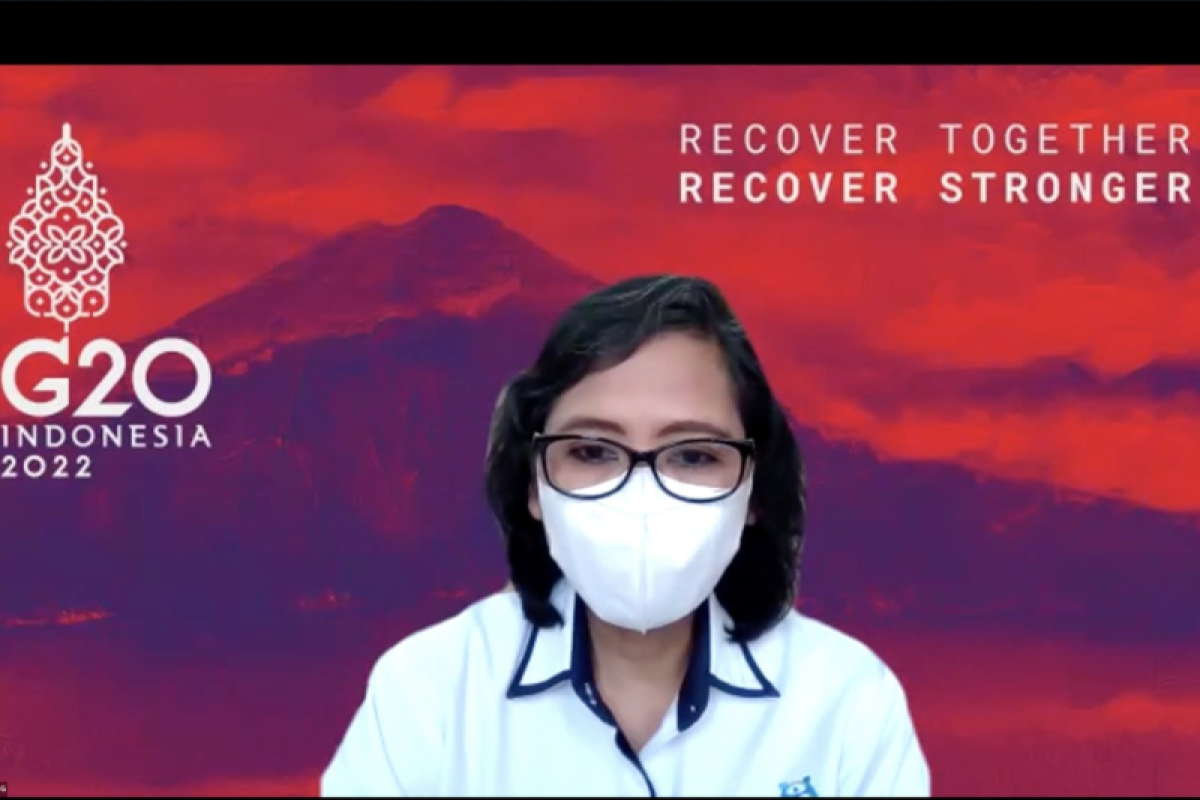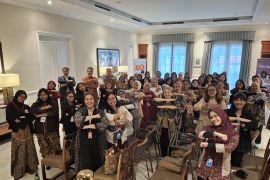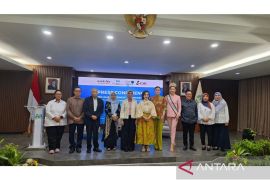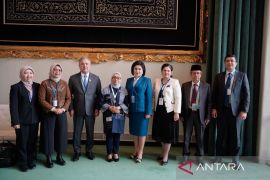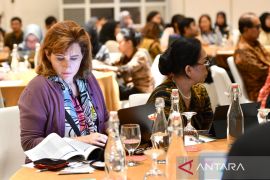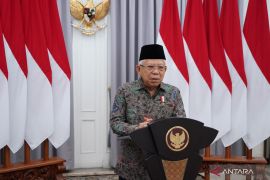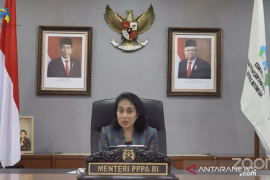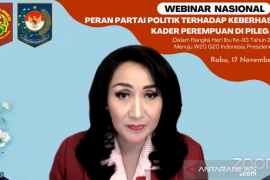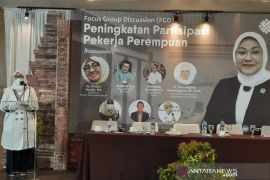Indonesia's IPG in 2020 is still at 91.06 percent. From this figure, there were only 15 provinces that have an IPG above the national rateJakarta (ANTARA) - Regional heads' commitment to implementing Gender Mainstreaming (PUG) and Gender-Responsive Planning and Budgeting (PPRG) remains low, Gender Equality Deputy at the Women's Empowerment and Child Protection Ministry Lenny N. Rosalin stated.
In a press statement on Friday, Rosalin highlighted that the ministry still found a lack of understanding among human resources toward the concept of gender gap and the lack of gender-disaggregated data.
In addition, the human resources' low capability in analyzing the gender gap in sectoral issues as well as understanding the cause of the gap within and outside institutions.
To handle this problem, the ministry continues to implement advocacy, dissemination, technical guidance, and assistance to ensure the realization of PUG and PPRG in ministries, institutions, as well as regional governments.
Gender gap remains a major problem for Indonesia to address, Rosalin remarked.
Related news: UN underlines challenges to women's access to sustainable energy
Meanwhile, the Ministry's Gender Mainstreaming Assistant Deputy in the Economic Sector Eni Widiyanti cited a report from the World Economic Forum (WEF) in 2021.
The report shows that Indonesia ranked 101st in the 2021 Gender Gap Index.
'This means Indonesia is still in the lower-middle level from the most equal countries," she explained.
This condition is not too different from the national data, specifically the Human Development Index (IPM) and Gender Development Index (IPG), she noted.
The index data showed that a large gender gap still existed between women and men, whether in terms of education, health, and economy in various regions in Indonesia.
Related news: Gender inequality remains serious problem in the world: minister
"Indonesia's IPG in 2020 is still at 91.06 percent. From this figure, there were only 15 provinces that have an IPG above the national rate," Widiyanti remarked.
This means several provinces were still in the red, or below the National IPG average, she pointed out.
"It can be concluded that in order to realize gender equality, women's IPM should increase faster than the men's IPM," she remarked.
Widiyanti opined that gender equality can be achieved by reducing the gap between men and women in accessing and controlling resources, participation in decision-making process, and obtaining benefits from development.
Related news: Time to make G20 more accessible to grassroots: SOEs Ministry
Related news: LEN strives to optimize opportunities for strategic partnership in G20
Translator: Anita Permata D, Fadhli Ruhman
Editor: Fardah Assegaf
Copyright © ANTARA 2022
